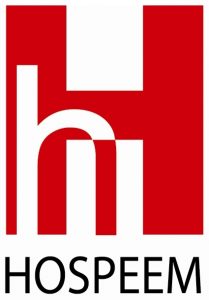
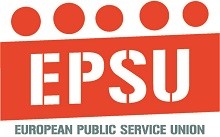
Open call for tender for research on strengthening social dialogue in the hospital sector in the East, South and Central Europe
Date of publication on the HOSPEEM and EPSU website: 01 February 2019
Deadline for submissions: 22 February 2019
 Download the Call for Tender
Download the Call for Tender
TENDER SPECIFICATIONS FOR SUBCONTRACTING EXTERNAL EXPERTISE
In order to ensure large visibility to this tender, HOSPEEM and EPSU will publish the tender on their websites. This tender will be publicly available for 21 days.
1. Purpose of the contract
Support is being sought from an external team of experts to help to facilitate the implementation of the project run by the EU-level social partners in the hospital/health care sector EPSU and HOSPEEM. The contractors will carry out research, in the form of a survey, to gather information on the priorities of the employers’ organisations and the trade unions and how they could be better articulated in future activities of HOSPEEM and EPSU. The research will also cover on information on the current involvement of the sectoral social partners in the European Semester with the aim to strengthen their role in this regard. The findings of this research will be presented at the regional capacity building workshops in form of draft factsheets. The subcontracted team of experts will also be responsible for the capacity building with social partner organisations in the respective countries and will assist in the organisation of the regional workshops in Bucharest, Rome and Zagreb. HOSPEEM and EPSU also expect the contractors to assist with the coordination of the project to ensure good outcomes.
2. Tasks to be performed by the subcontracted team of experts
- Participating in the project partners’ kick-off meeting, the three regional workshops, the synthesis meeting and dissemination workshop;
- Liaising with the project partners in exploring and finding direct or indirect potential contacts from relevant employers’ organisations and/or trade unions in targeted countries where HOSPEEM and/or EPSU are not yet represented;
- Contacting representatives from national social partner organisations in the hospital/healthcare sector and providing information on the project in collaboration with the respective project partners (when approaching employers’ organisations, HOSPEEM will be the reference point, for trade unions, EPSU respectively);
- Drafting the survey addressed to national social partner organisations in the hospital/healthcare sector in the targeted countries after liaising with the project partners.
- Collecting and organising responses to the survey;
- Drafting the content of the 14 country fact sheets based on three main outcomes: 1) responses collected via the survey, 2) information provided by participants and speakers during the regional workshops and 3) desk research;
- Presenting draft fact sheets at the regional workshops;
- Finalising of fact sheets in cooperation with HOSPEEM and EPSU;
- Drafting of 3 reports on the regional workshops;
- Presenting the final fact sheets and moderating the respective regional sessions during the dissemination workshop;
- Writing the final project report
The final fact sheets should build on desk research as well as the surveys of the member organisation and other contacts of HOSPEEM and EPSU.
In order to perform the tasks listed above, the subcontracted team of experts will be asked to work for a total of 40 days.
3. Selection criteria
The offers received to the call for tender will be examined by the HOSPEEM EPSU and Secretariats – which can decide to also consult with representatives of EPSU affiliates and HOSPEEM members, where appropriate – on the basis of the following criteria:
- At least 3 years of experience in the field of labour market and industrial relation, with a focus on national and European social dialogue;
- Significant knowledge of carrying out similar tasks in relevant EU projects;
- Experience in working with European / national social partners;
- Good knowledge of European Social Dialogue and of its outcomes on a national level;
- Proven research skills, including identifying relevant stakeholders and conducting surveys;
- Proven ability to draft documents in English;
- Particular expertise in the healthcare sector will be considered as an asset.
Next to contributing effectively to the success of this project, the contractor has to ensure a non-discriminatory work environment, including gender equality within the subcontracted team of experts.
The contract will be awarded according to the various elements contained below:
- Understanding the nature of the assignments
- Previous experiences (especially in EU affairs)
- Presentation of the tender
4. Time schedule and reporting
The project duration is from February 2019 until January 2021. Draft fact sheets must be made available no less than 2 weeks prior to each workshop. The workshop reports should be prepared within one month after the workshop. A final project report taking into account proceedings at the dissemination workshop is required by December 2020.
5. Payment and standard contract and price
The total maximum budget available for the fees of the subcontractor is as follows:
Contract with HOSPEEM
- Assisting in contacting key stakeholders in the target countries
- Conducting survey
- Drafting 14 x 1 paged fact sheets
- Drafting 3 x 5 paged workshop reports
- Drafting 1 x 20 paged project report
Price
The total budget for the Expertise is 24 000,00 EUR (all taxes and charges included).
HOSPEEM will sign a contract with the subcontracted team of experts. Payments will be made in three instalments dependent on the contractors carrying out the relevant stages of the work as listed above. A first payment of 20% of contract value on signature of the contract, a further payment of 40% of contract value on completion of the reports from the first two regional capacity building workshop (end of 2019) and a final payment of 40% upon finalisation of the project and delivery of the report from the third regional capacity building workshop and the final project report. The travel and accommodation expenses for the contractor to attend the project conferences or meet with the EPSU and HOSPEEM Secretariats will be covered by the overall travel and accommodation budget of the project and paid separately from the above-mentioned instalments.
6. Selection criteria related to the financial in technical capacity of the bidders
The contract will be awarded to the tenderer who is offering presents the best value for money, taking into account the specific criteria set above. The principles of transparency and equal treatment with a view to avoiding any conflict of interest will be respected.
The offer received will be examined on the basis of the following criteria:
- Verifiable expertise, experience and skills, as required and described above;
- Proven knowledge/ evidence/track record of research (supported by publications, academic articles etc.) on sectoral social dialogue, in particular focusing on the hospital sector and of the targeted regions listed above;
- Respect the budgetary constraints.
7. Content presentation of the tender
Tenders must be written in English. They must be signed by the tenderer or his duly authorised representative and be perfectly legible so that there can be no doubt as to words and figures. Tenders must be clear and concise.
They must make it clear that they are able to meet the requirements of the specifications. All tenders must include at least two sections:
i) Technical proposal
The technical proposal must provide all the information needed for the purpose of awarding the contract, including:
- Description of relevant professional experience with emphasis on the specific fields covered by the invitation to tender;
- All information and documents necessary to enable the EPSU and HOSPEEM Secretariats to appraise the bid on the basis of the selection and award criteria set out above; A detailed CV of the expert(s) involved in the project activities;
- Specific information concerning the proposed methodology for delivering the tasks listed in part 2.
ii) Financial proposal
Prices of the financial proposal must be quoted in euros, including if the sub-contractor is based in a country which is not in the euro-area. As far as the tenderers of those countries are concerned, they cannot change the amount of the bid because of the evolution of the exchange rate. The tenderers choose the exchange rate and assume all risks or opportunities relating to the rate fluctuation.
Prices shall be fixed and not subject to revision during the performance of the contract.
8. Content and selection of the bids
Offers must be received within 21 days of the date of publication of this call for tender by HOSPEEM, i.e. by 22 February 2019. Offers must be sent to HOSPEEM in both formats: electronic (by e-mail to s.mohrs@hospeem.eu and hospeem@hospeem.eu) and as a paper copy (see contact details below).
To ensure confidentiality, bidders must submit their offer in a sealed envelope. If self-adhesive envelopes are used, they must be sealed with adhesive tape crossed by the signature of the sender.
All candidates must either deliver their bid by hand or submit them by registered letter to:
Simone Mohrs
HOSPEEM
Rue des Deux Eglises, 26, bte. 5
1000 Brussels
Belgium
s.mohrs@hospeem.eu
EPSU has also published the Call for Tender on their webpage
***Back to main project page***
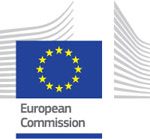
This project has received funding from the European Commission


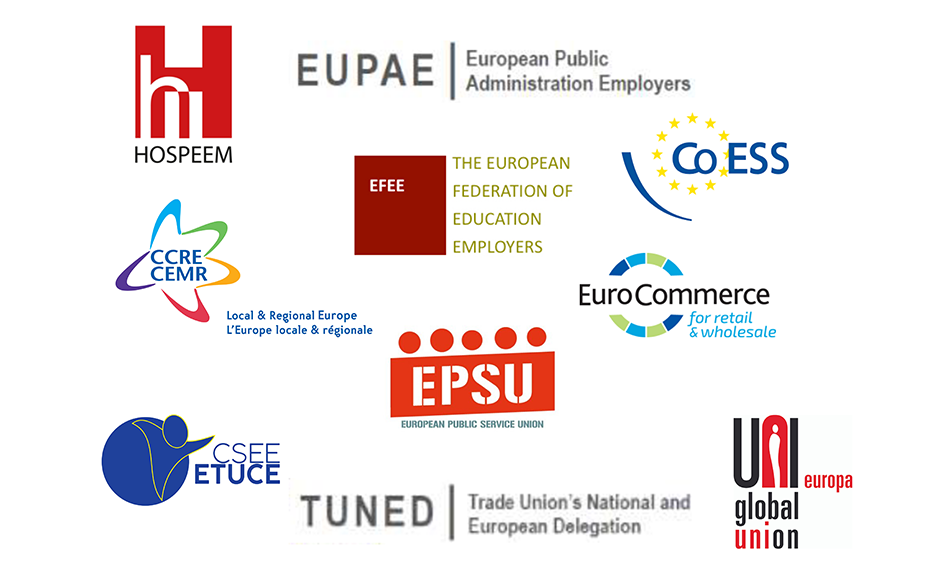
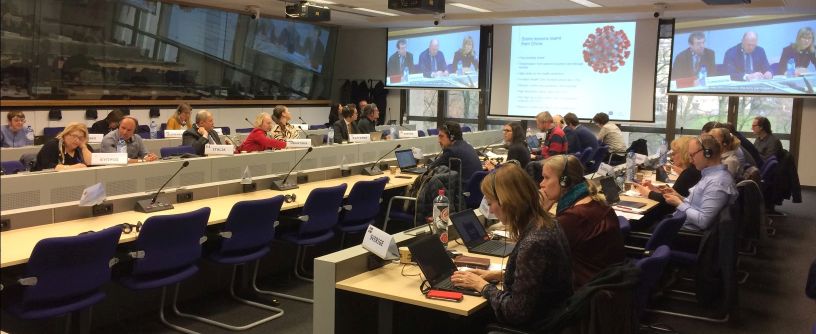
 Like in no other sector, the COVID-19 pandemic has a tremendous impact on the provision of health services and care, experienced in hospitals and healthcare facilities around the globe, and particularly in Europe. This is adding to the already existing strains of the healthcare system such as recruitment and retention, the ageing and health and safety at the workplace.
Like in no other sector, the COVID-19 pandemic has a tremendous impact on the provision of health services and care, experienced in hospitals and healthcare facilities around the globe, and particularly in Europe. This is adding to the already existing strains of the healthcare system such as recruitment and retention, the ageing and health and safety at the workplace. In this document you can find the highlights of the work of the HOSPEEM-EPSU Sectoral Social Dialogue Committee for the Hospital and Healthcare Sector. In 2019 the Sectoral Social Dialogue Committee for the Hospital and Healthcare Sector
In this document you can find the highlights of the work of the HOSPEEM-EPSU Sectoral Social Dialogue Committee for the Hospital and Healthcare Sector. In 2019 the Sectoral Social Dialogue Committee for the Hospital and Healthcare Sector 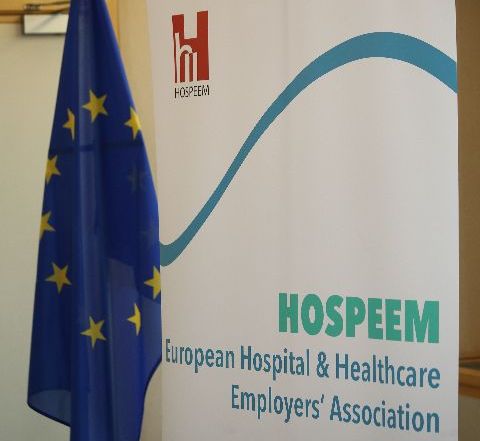
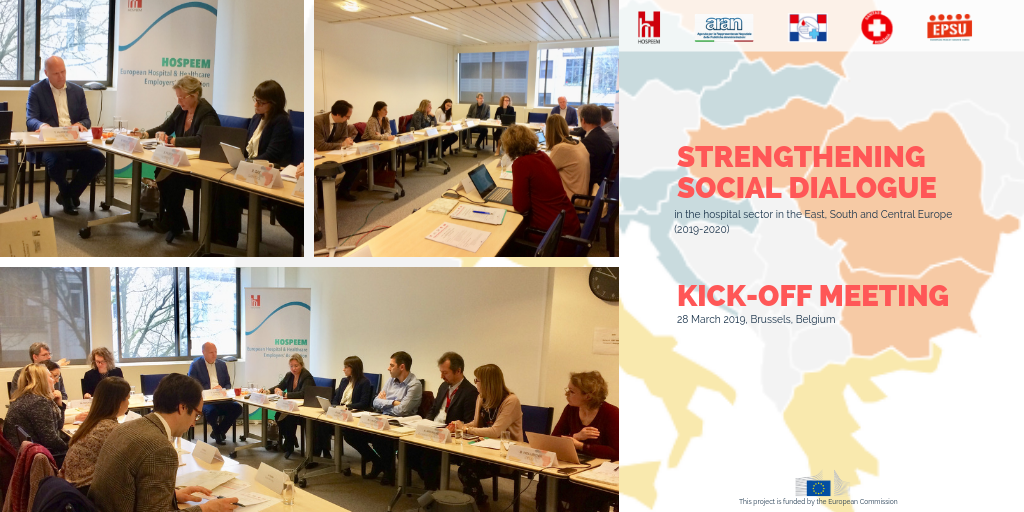

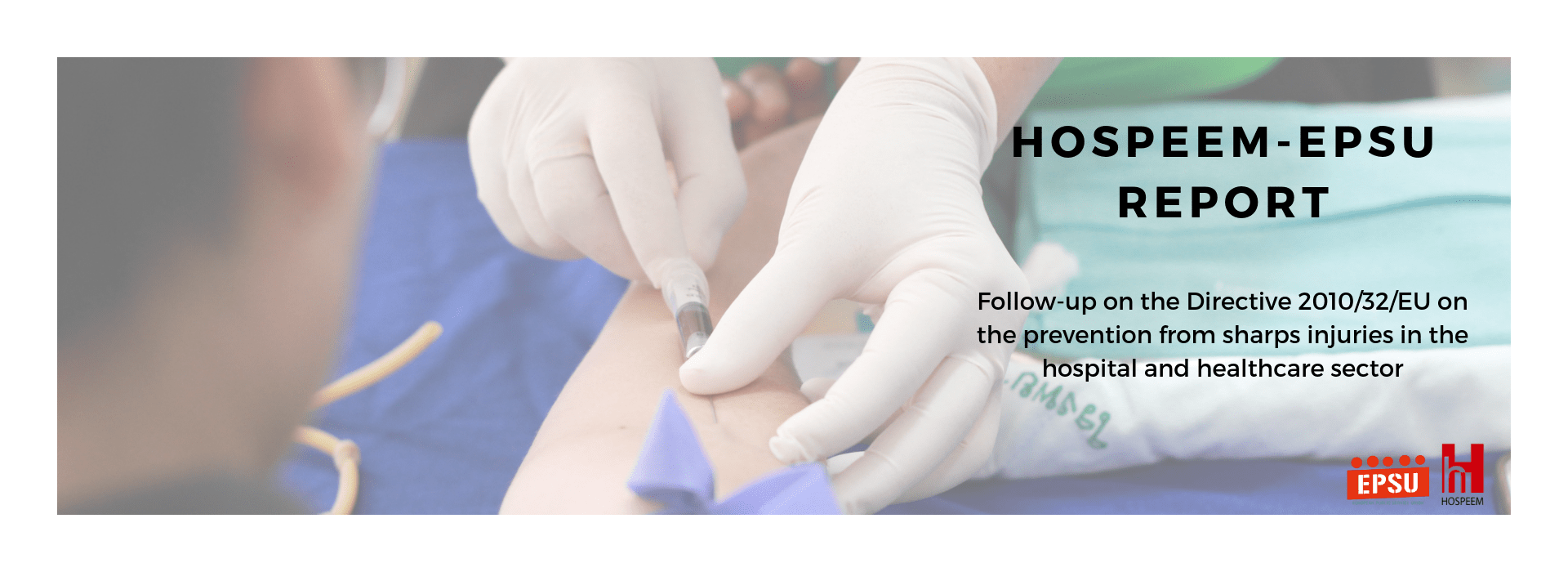
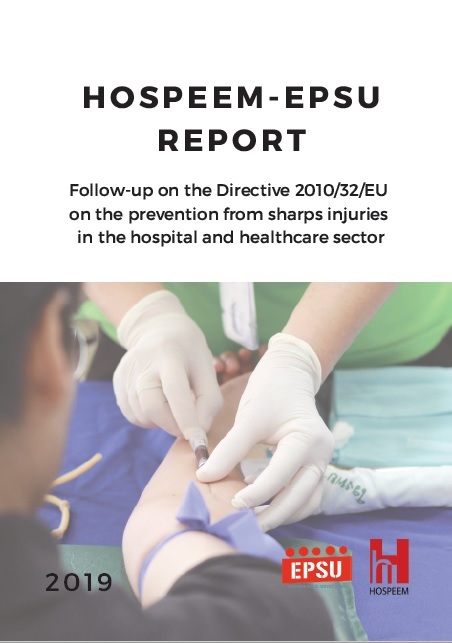




Recent Comments